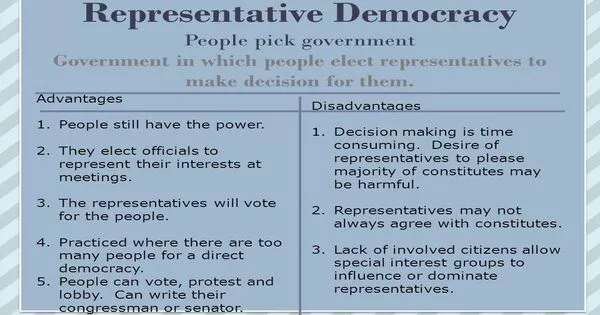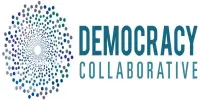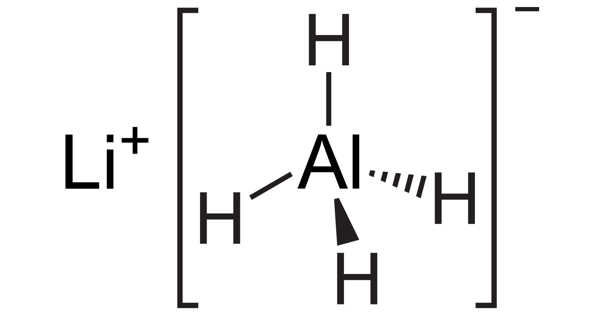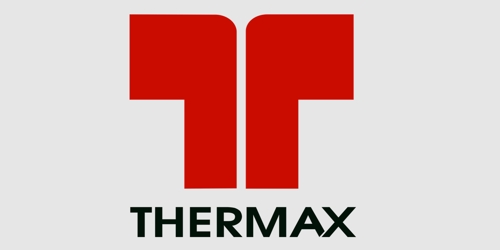Representative democracy is the most prevalent form of government. It is a form of government in which citizens elect representatives to make decisions on their behalf. As such, it has both advantages and disadvantages to the government and the people. Here are some advantages and disadvantages of representative democracy:
Pros
- Efficient decision-making: Representative democracy allows for efficient decision-making since a small group of elected officials can make decisions on behalf of a large number of citizens.
- It’s efficient: It is effective because a single elected official represents the wishes of a large number of people. In the United States, for example, only two Senators represent the entire population of their respective states. Countries with representative democracies save time and money by holding fewer national elections, which can then be devoted to other public needs.
- Accountability: Elected representatives are accountable to the people who elect them, which means that they can be voted out of office if they fail to represent the interests of their constituents.
- It’s empowering: It’s empowering because the people of each of the country’s political subdivisions (state, district, region, and so on) elect the representatives who will represent their interests to the national government. If those representatives fail to meet the expectations of their constituents, voters will have the opportunity to replace them in the next election.
- It encourages participation: When people are confident that they have a say in their government’s decisions, they are more likely to remain aware of issues affecting their country and vote as a way of making their opinions on those issues heard.
- Stability: Representative democracy provides a stable form of government because it is not subject to the whims of the people. Representatives are elected for a fixed term, which provides a stable and predictable environment.
Cons
- Lack of direct control: In a representative democracy, citizens do not have direct control over the decisions that are made on their behalf. This can lead to a sense of alienation and disconnection from the political process.
- Corruption: Representatives may be susceptible to corruption or the influence of special interest groups, which can result in policies that are not in the best interest of the people.
- It’s not always reliable: The votes of elected officials in a representative democracy may not always reflect the will of the people. The officials are not required by law to vote the way the people who elected them do. Unless the official in question is subject to term limits, disgruntled constituents have only two options: vote the representative out of office in the next regular election or, in some cases, demand a recall election.
- Limited choices: Citizens are limited to choosing from a small pool of candidates, which may not adequately represent the diversity of opinions and perspectives in society.
- It can become inefficient: Representative democracy-shaped governments can grow into massive bureaucracies that are notoriously slow to act, especially on major issues.
- Disenfranchisement: Some people may feel disenfranchised if they are not represented by the elected officials in their district, which can lead to a sense of frustration and alienation from the political process.
In conclusion, representative democracy has advantages and disadvantages. While it allows for efficient decision-making and accountability, it can also lead to a lack of direct control, corruption, limited choices, and disenfranchisement.
















